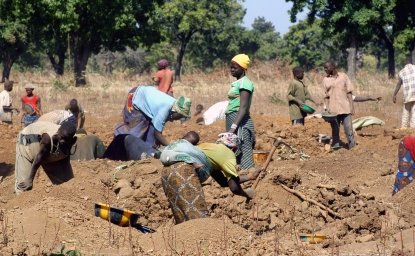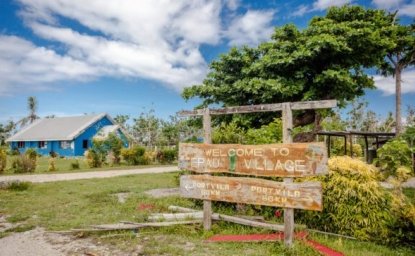Shared Water Management Can Build Peace, Says Patricia Kameri-Mbote
JUNE 2008—Former Wilson Center Scholar Discusses Nile Basin Initiative in dialogue Interview
JUNE 2008—Former Wilson Center Scholar Discusses Nile Basin Initiative in dialogue Interview
"If you look at the environment and the issue of security, they're the issues that many people in the world today would name as among the first two priorities that need to be tackled," said Patricia Kameri-Mbote, a legal researcher and teacher based in Nairobi, as well as a former Open Society Institute Africa Policy Scholar at the Wilson Center. "And from an African perspective, actually, security is a very big concern—and I'm not here talking about military security, I'm talking about livelihood security, and for Africa, the environment is really critical to livelihood security."
In an interview (watch; listen) with the Wilson Center's award-winning radio and television program dialogue, Kameri-Mbote highlighted the Nile Basin Initiative, which brings together the 10 riparians of the Nile River basin for high-level water negotiations, as an example of environmental cooperation that has been successful in preventing conflict over water in a region that is troubled by ethnic, political, and territorial conflicts. For more on the Nile Basin Initiative, see Kameri-Mbote's brief for the Environmental Change and Security Program's Navigating Peace Initiative, "Water, Conflict, and Cooperation: Lessons From the Nile Basin Initiative."


The Environmental Change and Security Program (ECSP) explores the connections between environmental change, health, and population dynamics and their links to conflict, human insecurity, and foreign policy. Read more



